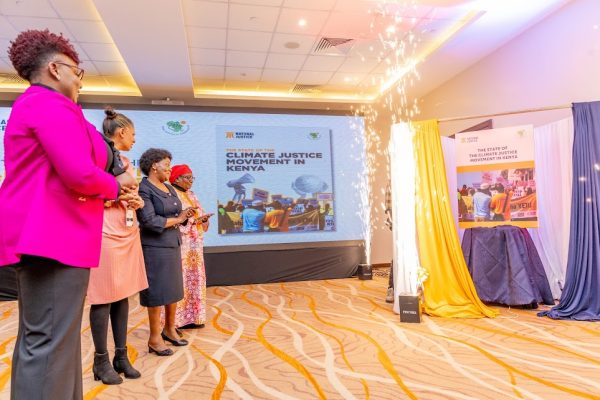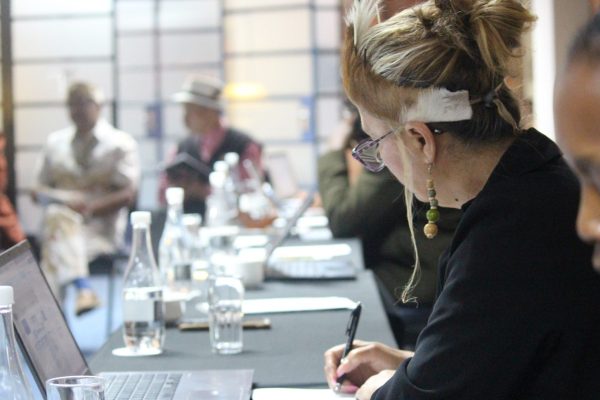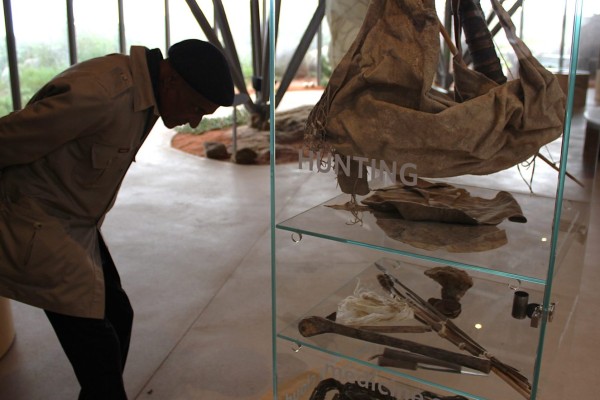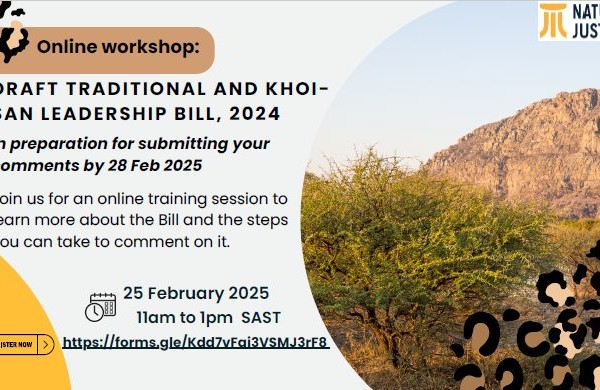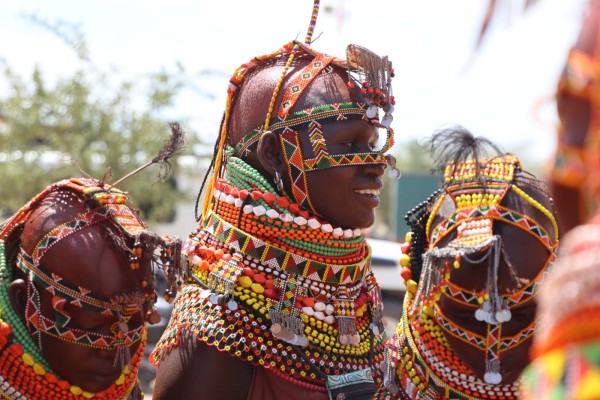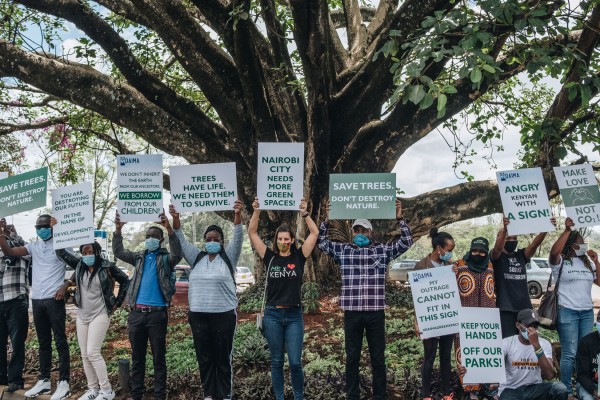Natural Justice, ETC Compas and the Centre for Indigenous Knowledge and Organizational Development (CIKOD), supported by the ABS Capacity Development Initiative (ABS Initiative) and the Ford Foundation, are hosting the African Biocultural Protocol Initiative Workshop from 5-7 November in Nairobi Kenya.
The workshop brings together representatives of the NGOs and CBOs that have been collaborating on the African BCPI and BCP processes in India. They are partners and/or community representatives from South Africa, Zimbabwe, Namibia, Ghana, Kenya, Ethiopia, Benin, Senegal, India, New York and the Netherlands.
The main agenda for the African Bio-cultural Community Protocol Initiative (BCPI) Workshop in Nairobi is to draw out key lessons and best practices on the development and utilization of Bio-cultural Community Protocols (BCPs) or Community Protocols, as they are also called. BCP is a framework that articulates community values, procedures and priorities as contained in traditional knowledge, practice and customary norms. They are useful as a basis of engaging with external actors such as governments, companies, academics and NGOs. They can also be used to catalyze constructive and proactive responses to threats and opportunities posed by land, resource and knowledge developments. BCPs are recognized under the Nagoya Protocol on Access and Benefit-Sharing (ABS), are in the current draft of the AU Guidelines on ABS and in some national policy frameworks. Further, the international and national laws that affirm the rights of indigenous peoples and local communities also provide a legal basis for BCPs.
In 2011 and 2012 the African Bio-cultural Community Protocol Initiative (BCPI) explored how African community could accept BCPs based organisations, NGO’s, lawyers and governments as a suitable legal tool to secure community rights, fair equitable access and benefit sharing. Since 2012, community partners in six countries have undertaken the African BCPI. The six African countries are South Africa, Ghana, Kenya, Namibia, Ethiopia and more recently Zimbabwe.
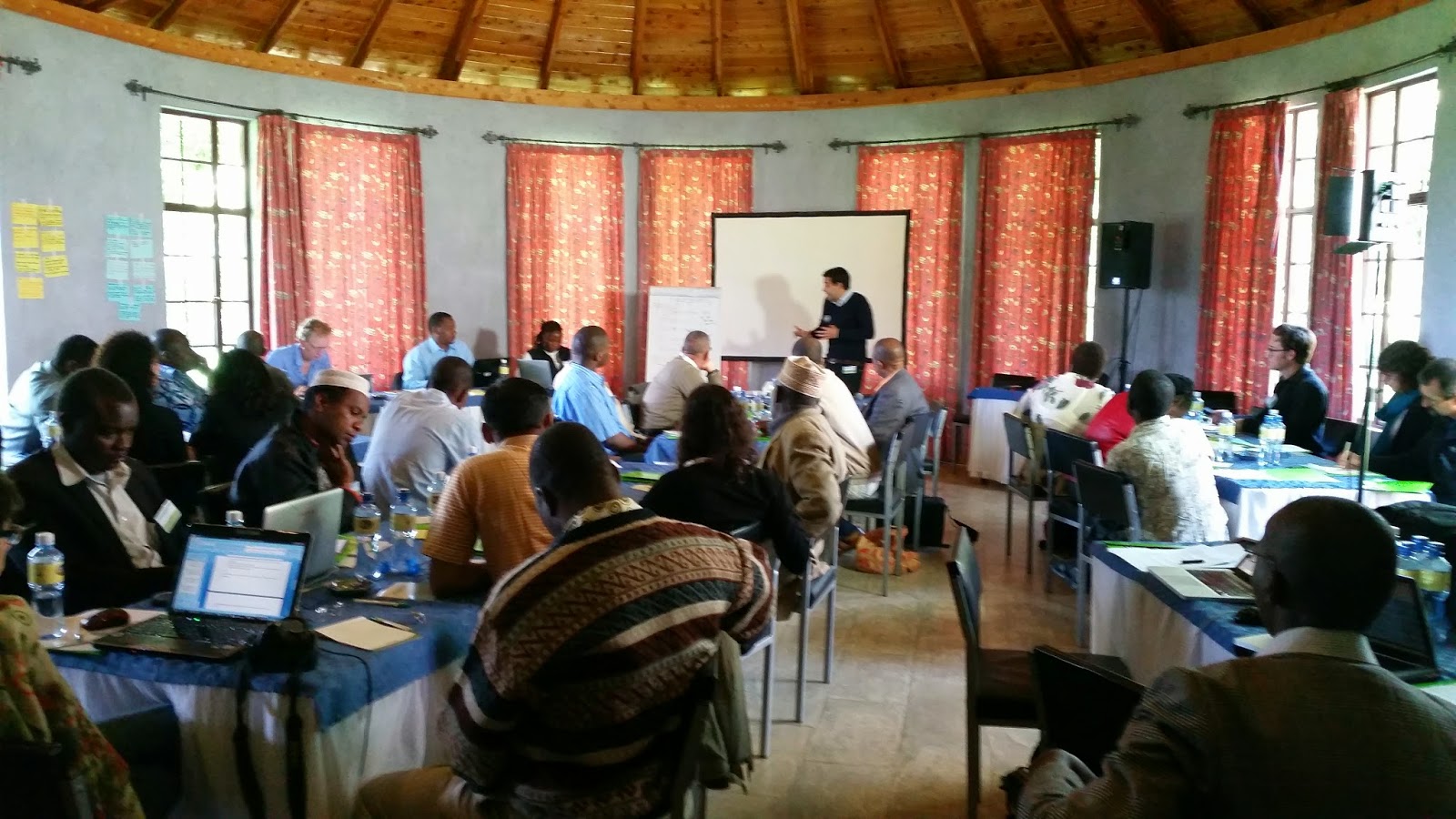
The overall objective of the BCPI Workshop is to provide a forum for sharing experiences, evidence-based key lessons and articulating best practices on the development and utilization of BCPs. This will involve assessing the tools and processes used in the development of BCPs and highlighting the challenges and crosscutting issues emerging on their development and utilization. More specifically, participants will be engaged in sharing the relevant experiences and key lessons derived from BCP processes, dialogues including evaluating the importance of connecting with NGOs and CBOs, highlighting any challenges and cross-cutting issues. They will also seek to highlight successes achieved by communities in utilization of BCPs in priorities/thematic areas and how these can be used in other contexts. The workshop will also formulate recommendations, identify opportunities and strategies for the journey ahead.


